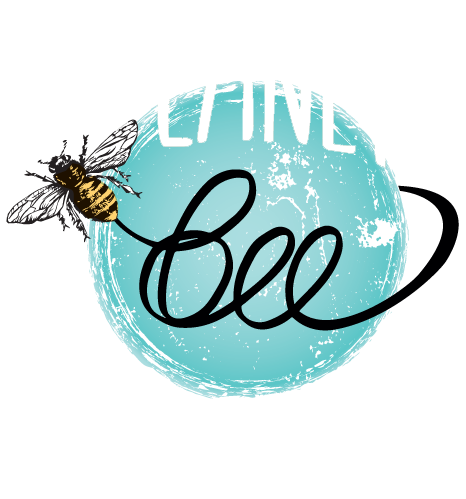The Sacred Bee: The British Isles
- Ayla Fudala
- Feb 17, 2023
- 2 min read

Honey harvesting from beehives has been practiced in the British Isles for thousands of
years. In the times before the Roman conquest of Britain, various tribes, such as the Celts, believed mead to be the drink of the gods, much like the Greek and Roman tradition of ‘ambrosia’. In the pagan Celtic paradise, there were rivers of mead. After the Roman occupation of Britain, a great number of Roman traditions, including ideas on the significance of bees and honey, were incorporated into British culture.

A classical idea maintained by the British was the notion of ‘bee souls’. It was believed that the soul could leave the body in the form of a bee while a person was sleeping. In one story, two young men are travelling, and lay down to rest on the roadside. One falls asleep and the other sees a bee leave his mouth. Alarmed, he shakes the man awake, and as he is awakening the bee re-enters his mouth.
A related idea, that witches could turn into bees to work mischief, was referenced in several witch trials. One Scottish tale tells of a child who was poisoned. His grandmother and another woman were claimed to have committed the murder while wearing the guises of bees.
There are also many stories linking saints and bees, particularly in Ireland and Wales. This is likely because many priests, monks, and nuns kept bees. One story tells of a St. Modomnoc or Dominicus, a holy beekeeper whose bees were overly fond of him. He travelled to Ireland, and a swarm of bees followed him, gathering on the prow of the ship. They followed him every time he left the monastery. These were supposedly the first bees in Ireland. Some of St. Modomnoc’s bees were taken by a monk named Molaga to his monastery, which was afterwards named “the Church of the Bees”.

In regards to death, bees have significance in British as well as classical folklore. In England, Wales, and Scotland, it was believed that one must inform bees of major life events, particularly of deaths. If the bees are not told of their owner’s death, they are thought to die or fly away. The hive was sometimes decorated with crepe and the bees given cake and wine during the funeral. Bees were also told of births and marriages.
Stay tuned next month to read all about bees in Ancient Greece and Rome!
Sources:
Baring-Gould, Sabine, Fisher, John. "The Lives of the British Saints". London: The Honourable Society of Cymmrodorian,1908. Pp. 300.
Dalyell, John G. "The Darker Superstitions of Scotland, Illustrated from History and Practice". Edinburgh: Waugh and Innes, 1834. Pp. 564.
Ransome, Hilda M. "The Sacred Bee in Ancient Times and Folklore". London: George Allen & Unwin, 1937. Pp. 92-223.
********
Written by Ayla Fudala
Planet Bee Educator Emeritus and Guest Writer



